 Although Angus Wilson is almost as unfashionable as F. R. Leavis these days, there was once a time when members of the chattering classes could hardly wait for his next novel or collection of short stories.
Although Angus Wilson is almost as unfashionable as F. R. Leavis these days, there was once a time when members of the chattering classes could hardly wait for his next novel or collection of short stories.
We are talking about December 1953, which is when John O’London’s Weekly ran a cover story entitled ‘ Author from the Museum ‘. In it Wilson is depicted as a sort of Larkin-like figure of prose (although at this time the Bard of the Humber had yet to achieve the elevated position he now occupies).Like Larkin, he was a librarian of an academic institution—in his case the British Museum, where he was Deputy Superintendent of the Reading Room—and like Larkin at Hull, he seems to have become a bit of a celebrity there. This is how the journalist Sewell Stokes described him:
‘Small of stature, with a luxuriance of prematurely silvered hair, and the gentle and accommodating manner of a diplomat, he might be cast by a film director as someone attached to the retinue of Marie Antionette. His appearance somehow vaguely suggests his belonging to another century. Diplomacy he certainly needs to maintain friendly relations with those readers of various nationalities, and varying temperaments, who use the Museum. An American lady used it recently for no more legitimate purpose than to have a peek at Mr Wilson, whom she had come to regard, through her admiration for his books, as rather a landmark. Continue reading


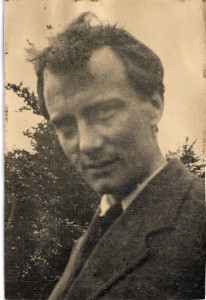 Found among the papers of Joan Stevens (1933-2015) the feminist bookseller and expert on the Powys Brothers and Edward Thomas this piece, apparently unpublished, by
Found among the papers of Joan Stevens (1933-2015) the feminist bookseller and expert on the Powys Brothers and Edward Thomas this piece, apparently unpublished, by 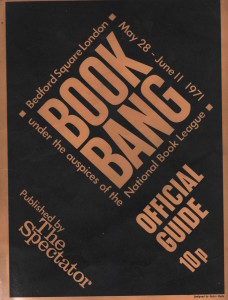
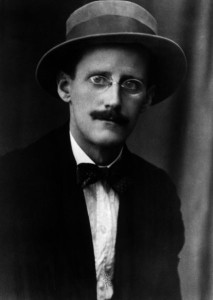
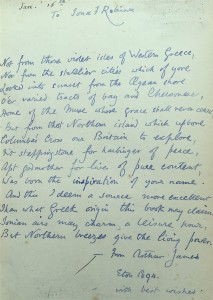

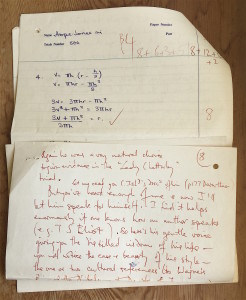 Found among the papers of the mathematician
Found among the papers of the mathematician 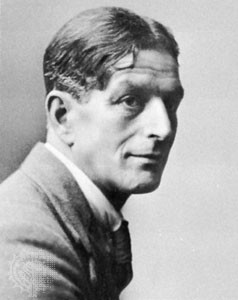
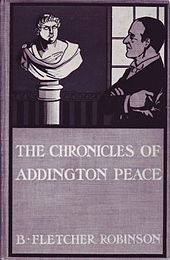
 Found amongst the papers of the late distinguished bookseller and publisher Joan Stevens this cutting from a catalogue. It appears to be dated in 1976, bookseller not named but it does not sound like Joan.
Found amongst the papers of the late distinguished bookseller and publisher Joan Stevens this cutting from a catalogue. It appears to be dated in 1976, bookseller not named but it does not sound like Joan. 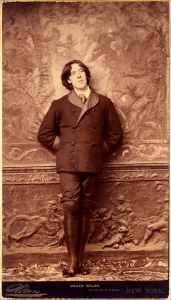
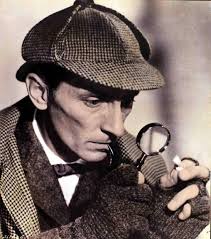 We all know about the nerds who post online corrections to errors or omissions in books, films, dramatisations and the like. Well back in 1987 , before the Internet made it all too easy, there were people like R. Lujer, who typed their complaints to—in this case—the publisher of Peter Haining’s The Television Sherlock Holmes. Haining, who was doubtless royally entertained by this particular letter, kept it in his Archive. Here it is in full.
We all know about the nerds who post online corrections to errors or omissions in books, films, dramatisations and the like. Well back in 1987 , before the Internet made it all too easy, there were people like R. Lujer, who typed their complaints to—in this case—the publisher of Peter Haining’s The Television Sherlock Holmes. Haining, who was doubtless royally entertained by this particular letter, kept it in his Archive. Here it is in full.
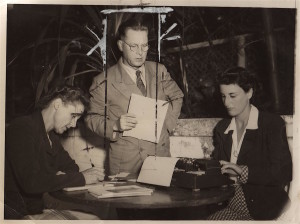
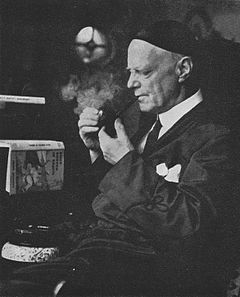


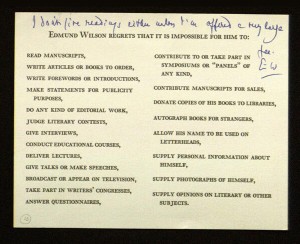 This was sent by
This was sent by 